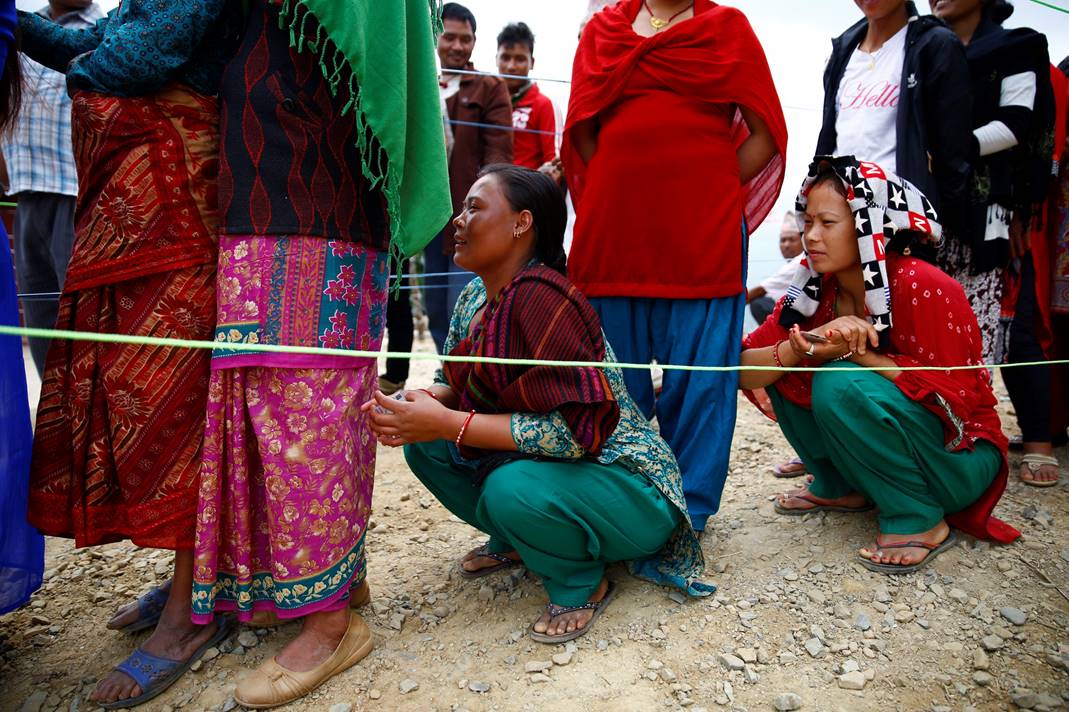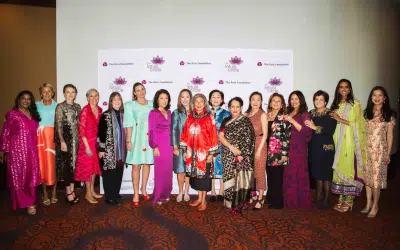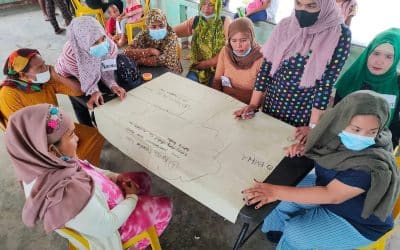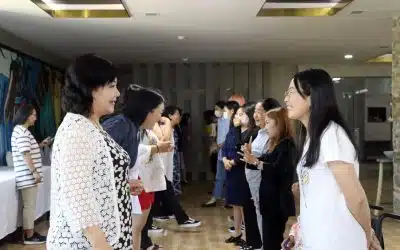InAsia
Insights and Analysis
Nepal Elections: Why Can’t the Mayor Be a Woman?
May 11, 2022

Women line up to vote in Nepal’s 2017 local elections. (Photo: Skanda Gautam / The Himalayan Times)
May 13 will mark a triumphant milestone in Nepal’s transition to federalism, as the first-time local governments elected in 2017 reach the end of their five-year terms, and the nation goes to the polls to elect their replacements. Among the signal achievements of that first cohort of local office-seekers was the groundbreaking participation of women candidates, who got a boost from quotas in the new electoral law. But behind the raw numbers lies a curious fact: almost all of the mayors were men, while almost all of the deputy mayors were women.
Joining us on this edition of the InAsia podcast is Sumina Karki. She’s coauthor of an intriguing new study that dissects the stubborn persistence of traditional gender norms in the space where Nepal’s formal electoral system encounters its informal political culture.
Read the report: Beyond “Capacity”: Gendered Election Processes, Networks, and Informality in Local Governments in Nepal, by Seira Tamang, Sumina Karki, Amol Acharya, and Srijana Nepal.
About our blog, InAsia
InAsia is posted and distributed every other Wednesday evening, Pacific Time. If you have any questions, please send an email to [email protected].
Contact
For questions about InAsia, or for our cross-post and re-use policy, please send an email to [email protected].The Asia Foundation
465 California St., 9th Floor
San Francisco, CA 94104
The Latest Across Asia
Program Snapshot
May 2, 2024
News
April 25, 2024
Program Snapshot
April 18, 2024

2024 Lotus Leadership Awards
The Lotus Leadership Awards recognize contributions towards gender equality in Asia and the Pacific







0 Comments